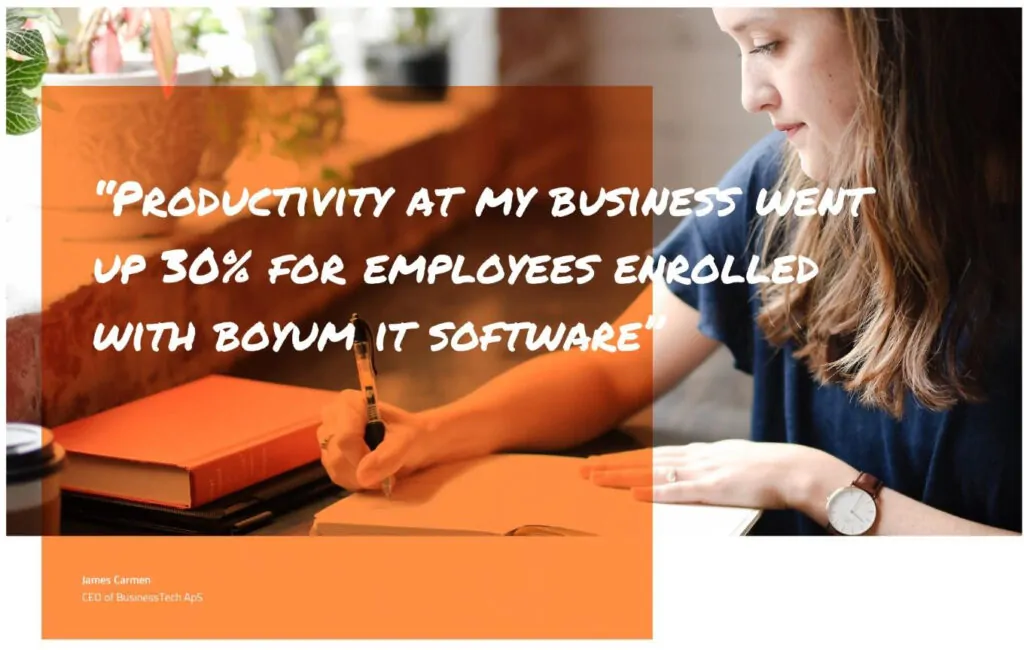While it’s true that every industry has its fair share of challenges, you can say that the food and beverage industry has a unique set. Whether it’s adhering to strict regulatory requirements, efficiently managing inventory to avoid stockouts, or maintaining quality control to keep customers coming back, food and beverage manufacturers need to implement systems and solutions to ensure the products they create are safe so that they stay profitable and relevant.
One such tool is Enterprise Resource Planning (ERP). Along with integrating various business processes from different departments into one centralized system, ERP systems also have features and functions specific to food and beverage manufacturers, such as batch tracking and traceability, predictive stock management, and QA monitoring, that help them manage their inventory, quality assurance, regulatory compliance, and more.
Let’s look at three specific examples.
1. Effective Inventory Management
Managing inventory is critical for any business to stay profitable, but for food manufacturers who handle perishable goods, it’s imperative. After all, a customer could be lost forever if the goods don’t reach the consumer in a fresh and usable condition.
So how can an ERP system help? For starters, it can collect and analyze real-time demand data, inventory levels, and shelf-life considerations, and use that data to accurately create production schedules. This helps manufacturers produce products just in time to meet orders while minimizing excess inventory, as well as the risk of perishable goods expiring before they are sold. It also helps optimize stock levels, reduce waste and prevent stockouts.
In addition, an ERP system can help food manufacturers implement inventory management strategies like First-In-First-Out (FIFO) or First-Expired-First-Out (FEFO) for perishable goods. This helps the manufacturer prioritize those products with the shortest remaining shelf life for shipping and distribution, reducing the chances of products expiring and becoming unsellable.
2. Compliance Adherence
Along with managing inventory, another challenge food manufacturers face is compliance and adhering to regulatory requirements. But, an ERP system can help here, too, by generating accurate, standardized reports that comply with industry regulations. This reduces the risk of errors and ensures products are correctly labeled and meet legal requirements.
What’s more, manufacturers can track and manage supplier information, including certifications, audits and compliance documents with their ERP. This helps to ensure the supplier is adhering to food safety standards and regulatory requirements, and helps the manufacturer make sure only approved ingredients enter the production process.
In addition, manufacturers can lean upon their ERP to assign unique, trackable batch or lot numbers to each production run. This provides quick identification of every ingredient used in a particular batch and the corresponding products, which helps to accurately pinpoint affected items should there be a product recall, minimizing its scope and overall impact.
3. Quality Control & Consistency
Of course, quality is critical when it comes to manufacturing food, but so too is consistency. By maintaining consistency with the entire product lifecycle, a manufacturer can maintain the quality of their products. Still, if something is amiss in the product creation lifecycle, the quality is affected, and the business will most likely suffer. Integrating an ERP system with quality control processes, such as recording and tracking, testing results for raw materials, intermediate products and finished goods, will help maintain consistent product quality. If quality issues arise, the system can trigger alerts or even hold orders until it is resolved, which ensures only safe and compliant products reach consumers.
And as already mentioned, the ERP can create accurate production schedules based on real-time demand data, inventory levels and shelf-life considerations, ensuring products are produced just in time to meet customer orders.
ERP systems are not one-size-fits-all. Each business has its own unique set of challenges and can easily customize an ERP solution to best fit its needs. And because they are modular, a business can add ERP features and functions as additional needs arise.
Which one is right for you? Let us help you find out. We work with food and beverage manufacturers and distributors to provide the best-fit ERP solution for their unique business operation challenges.
Interested in learning more? Contact us today.





















